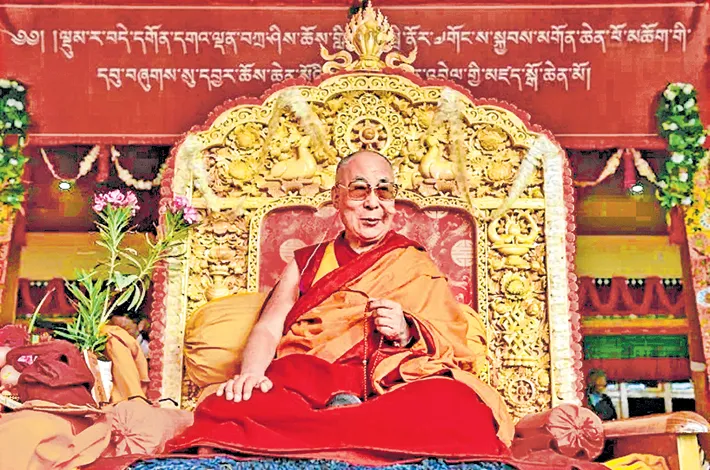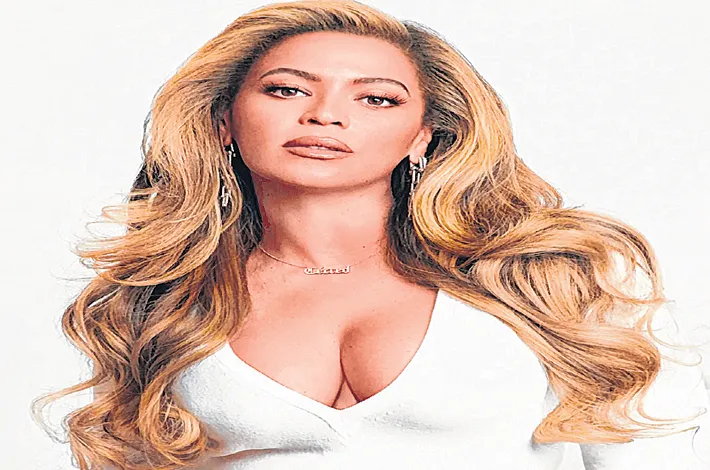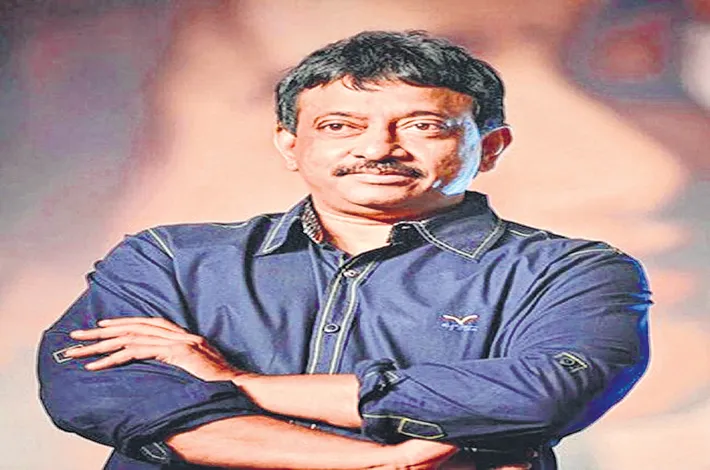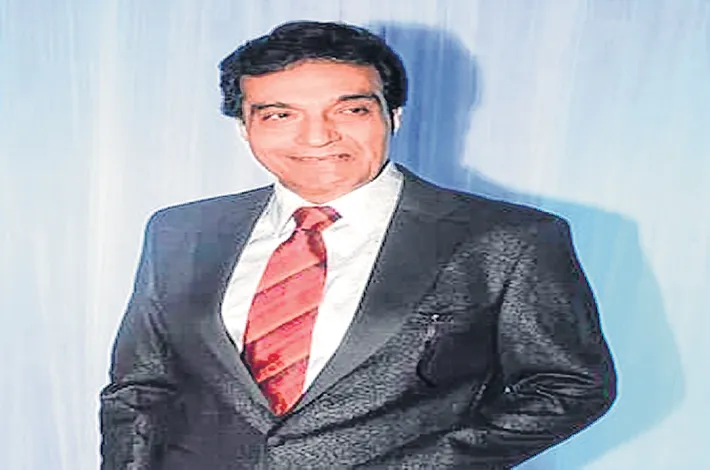How will the Dalai Lama’s successor be chosen?
01-07-2025 12:00:00 AM

Agencies Lhasa / Dharamshala
The choice of a successor to the Dalai Lama, the spiritual head of Tibetan Buddhists, is a matter of riveting interest not only for followers of his religion, but also China, India, and the United States, for strategic reasons. The Nobel peace laureate, who turns 90 on Sunday, is regarded as one of the world’s most influential figures, with a following extending well beyond Buddhism.
Tibetan tradition holds that the soul of a senior Buddhist monk is reincarnated after his death. The 14th Dalai Lama, born as Lhamo Dhondup on July 6, 1935, to a farming family in what is now Qinghai province, was identified as such a reincarnation when he was just two years old. In his book ‘Voice for the Voiceless’, released in March 2025, the Dalai Lama said his successor would be born outside China.
The Tibetan parliament-in-exile, based in Dharamshala like the Dalai Lama, says a system has been established for the exiled government to continue its work while officers of the Gaden Phodrang Foundation will be charged with finding and recognising his successor. The current Dalai Lama set up the foundation in 2015 to “maintain and support the tradition and institution of the Dalai Lama” with regard to his religious and spiritual duties, it says on its website. Its senior officers include his aides.
China says its leaders have the right to approve the Dalai Lama’s successor, as a legacy from imperial times. A selection ritual, in which the names of possible reincarnations are drawn from a golden urn, dates to 1793, during the Qing dynasty. Chinese officials have repeatedly said the reincarnation of the Dalai Lama should be decided by following national laws that decree use of the golden urn and the birth of reincarnations within China’s borders.
But many Tibetans suspect any Chinese role in the selection as being a ploy to exert influence on the community.








